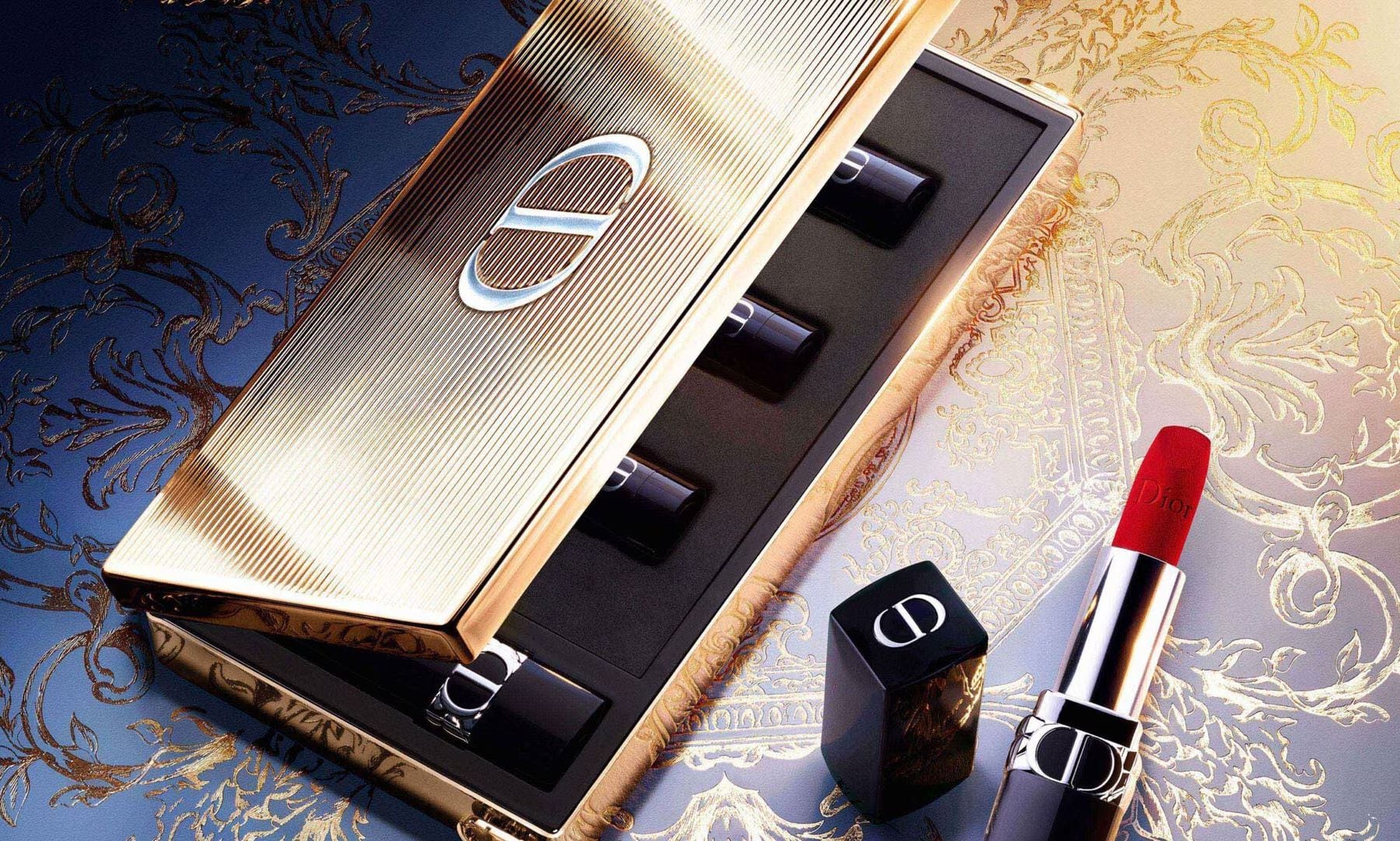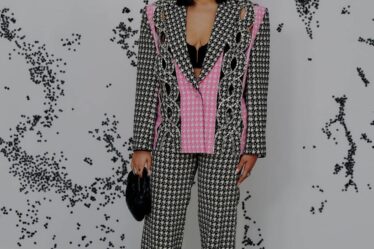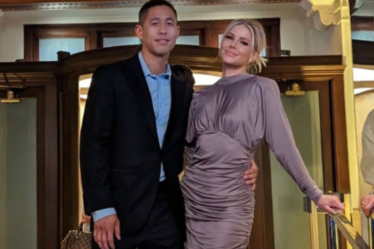
In a recent TikTok with over 6 million views, influencer Stefanie Price unboxed the “cheapest” bag available to purchase from Dior. The gold rectangular clutch with a shoulder chain she pulled out of the package wasn’t one of the $2,000-plus purses from the brand’s handbag section, however — it was a $290 gift set from Dior Beauty, the Rouge Dior Minaudière Clutch that comes with four lipsticks inside.
“You cannot tell me this doesn’t look so reminiscent of the Diorama,” Price said, referring to Dior’s discontinued bag with a chain strap that typically costs more than $1,000 on resale sites.
Price’s viral content around the Dior gift bag illustrates the current consumer desire for value-driven products amid continued inflation and other cost-of-living pressures. But because cosmetics and personal care products are by nature cheaper than handbags and ready-to-wear, beauty is the only luxury category seeing year-over-year sales growth going into the holiday season, according to Circana, the market research firm formerly known as NPD Group. Sales of US luxury beauty, defined as makeup, skin care, fragrance and hair, were up 10 percent this year in the second quarter, Circana data shows. Luxury apparel and footwear were down 9 percent for the same time period.
Earlier this month, Coty, which licences and produces cosmetics for brands like Gucci and Burberry, attributed its 18 percent quarterly growth to its “affordable luxury” beauty category.
“You may not be able to buy the Chanel bag or dress, but you can buy the Chanel lipstick,” said Larissa Jensen, the SVP global beauty industry advisor at Circana.
The savviest brands in the category are taking notice, and reaching their price-conscious shoppers through not just discounts, but other end-of-year price “hacks” like fashion-adjacent gifts — as exemplified by the Dior clutch — and promoting products eligible for purchase through pre-tax health savings funds.
Beauty Pouches: The New “It” Bags
Dior is not the only brand selling pricey makeup by packaging it in a multi-use pouch.
Ahead of the holiday season, celebrity makeup artist Fara Homidi’s namesake makeup brand released a $298 makeup bag that “doubles as a clutch” called the Pochette.
Clean makeup brand Refy, meanwhile, released a $60 makeup bag in November and also promoted it as a bona fide fashion accessory. Posts on its Instagram account show influencers Jordan Grant and Danielle Oreoluwa Jinadu walking the streets of New York carrying it as a purse.
“People are being a little bit tighter about where they’re putting their money and what their money is saying,” said Homidi. “The trend is Gen Z and millennials want to feel like they’re getting the most out of their money, that they’re purchasing things that are well made.”
While beauty spending is up, data shows that price is a significant factor in the customer mindset. According to 2023 data from Mintel, 50 percent of surveyed skin care shoppers said they are stocking up on discounted products, while 39 percent said they search for cheaper alternatives to expensive products, such as the new E.l.f. Beauty lip oil that has been cited as a dupe for Dior Beauty’s $40 version.
Health Savings for Skin Care
Beauty retailers in the US are finding another clever way to drive spending: through shoppers’ pre-tax health or flexible savings accounts known as HSAs or FSAs.
Last month, Sephora’s US site added a section featuring beauty products eligible for purchase with those savings accounts.
Sephora’s HSA/FSA category features hand sanitisers, sunscreens from brands like Supergoop, La Mer and Shiseido, as well as skin care directed toward concerns like eczema and acne from brands such as Topicals, Peace Out and Necessaire. Shoppers can also buy Dr. Dennis Gross’s cult LED mask tax-free for $455.
In addition to Sephora, Target and Amazon also offer HSA/FSA sections for beauty and personal care.
“By the amount of people asking about it and the speed that Sephora has brought up this initiative, I definitely think that this could be a tremendous opportunity for growth,” said Andrea Lisbona, the founder and CEO of trendy hand sanitiser brand Touchland, which is featured in Sephora’s HSA assortment.
She added that the brand is developing social marketing material for HSA/FSA spending, following the footsteps of other wellness labels such as Apothekary, which are already promoting their pre-tax purchase eligibility on Instagram.
For the holiday season, experts expect prestige beauty to remain a priority for spending as a category that is accessibly priced, yet premium enough for gifting. According to Circana, consumers plan to spend $210 on beauty for the period.



